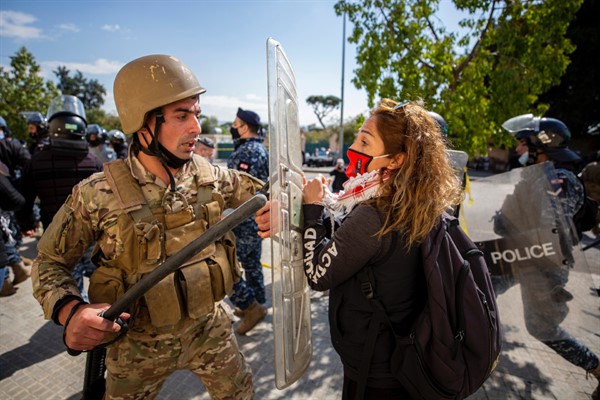What would it take to transform the way countries in the Middle East are governed?
That question has taken on added urgency over the past year, in which we’ve seen stark new tests of competing theories of power and change in the Middle East. The region’s reformers and despots are still engaged in a struggle over the central purpose of government: Should the state provide social goods and services—including security—as well as a sense of belonging to the governed, or is the state simply a vehicle to uphold sovereignty, as defined, personified and exploited by a country’s rulers?
This bedrock struggle over rights and governance is the dominant theme that links the many historical arcs currently unfolding in the Middle East, as regional powers begin to reconsider the courses they set in the post-9/11 period. The United States has categorically relinquished its role as the region’s primary hegemon, although it remains a considerable player there. And the foundations of the Middle East’s nation-states have buckled under decades of sustained strain and generational competition from a mix of substate and nonstate challengers.

